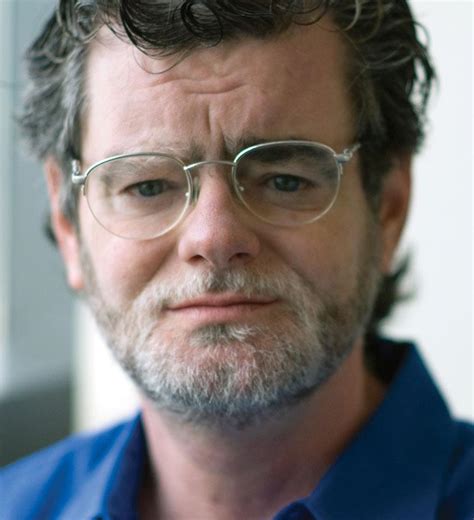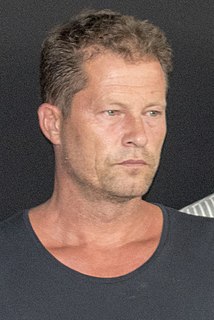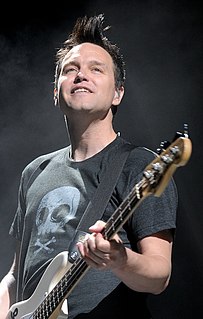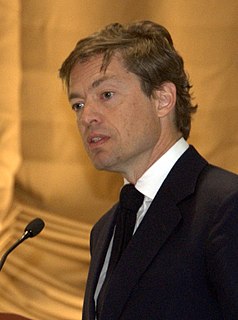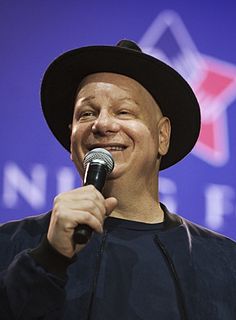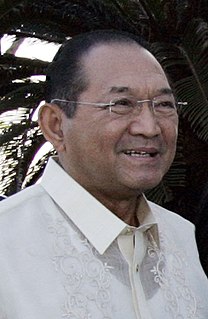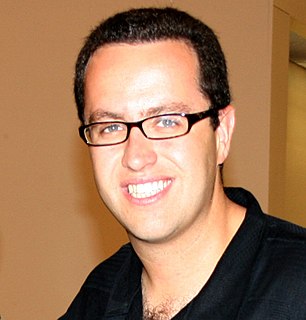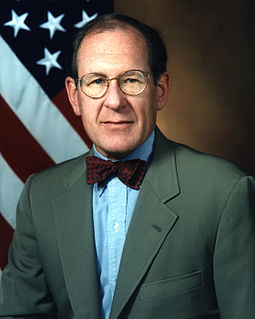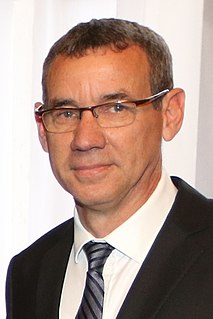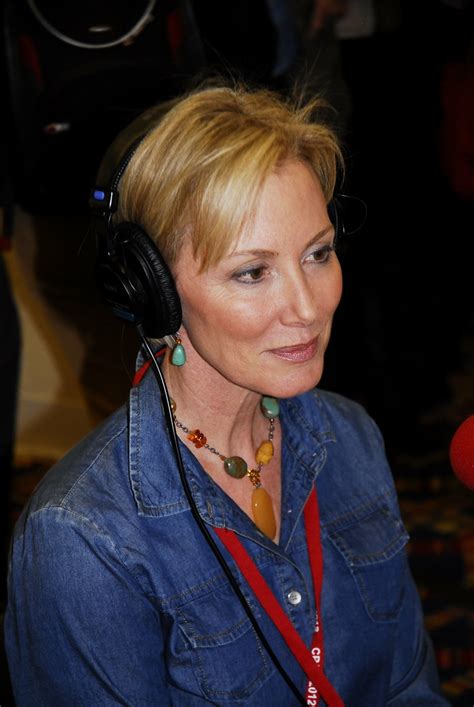A Quote by Mark Potok
The people blocking buses in Murrieta, California, didn't come from radical groups, they were everyday Americans who were perfectly willing to frighten those children
Related Quotes
Even though it was January, in Los Angeles it was beautiful and sunny and the blue skies were out and it was hot everyday, so I think it was just a product of our environment. And California to me as a concept or as an idea always seems like endless optimism and endless opportunity - when people think of California they think of palm trees and blue skies and gorgeous sunsets and beaches and everything else. But there's also this weirdness to California, this darkness, it's a place where people come to follow their dreams and sometimes don't make it.
Look at the great tradition of Western political philosophy. Those people were all immersed in revolutionary movements. Most weren't career academics - often, they were too radical to be accepted in the academy. Rousseau's books were banned. Jeremy Bentham and John Stuart Mill couldn't hold academic positions because they were atheists.
I don't think it's unfair to have writers. I think if you're going to do a roast on television, as if you were doing a play or you were reading a script of a movie, you would have the best possible material. And those are the people who score, the people who are willing to listen to the roasting experts and then come out there and own that material.
Caring. And reading the Bible, learning about God, Jesus, love. He said, 'Bring on the children', 'Imitate the children', 'Be like the children' and 'Take care of others.' Take care of old people. And we were raised with those values. Those are very important values and my family and I we were raised with those values and they continue strong in us today.
The people and the warmakers are two distinct groups. We must never say 'we' when discussing the US government's foreign policy. For one thing, the warmakers do not care about the opinions of the majority of Americans. It is silly and embarrassing for Americans to speak of 'we' when discussing their government's foreign policy, as if their input were necessary to or desired by those who make war.
